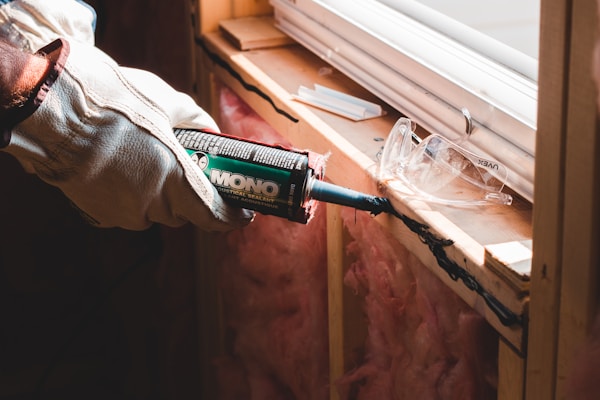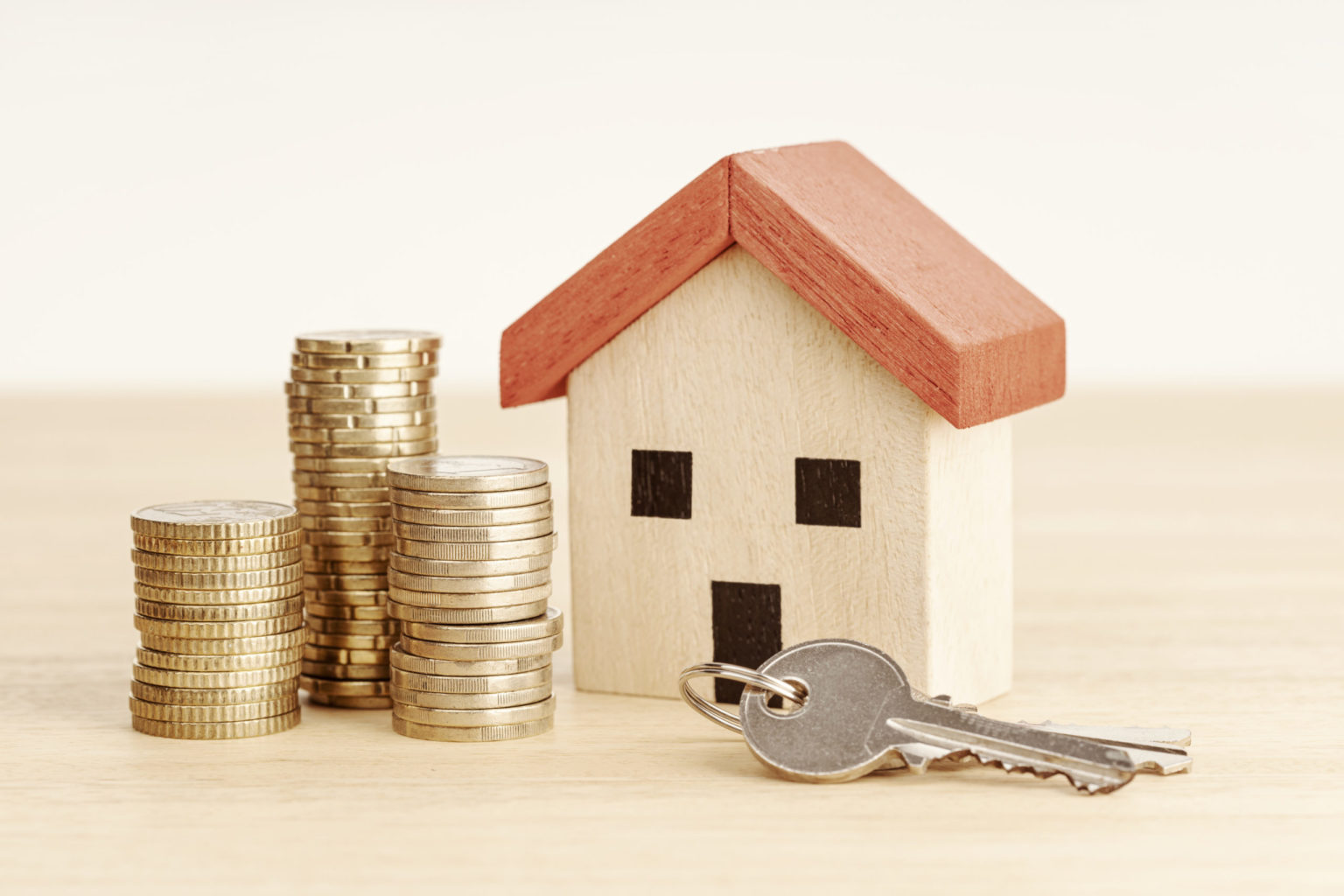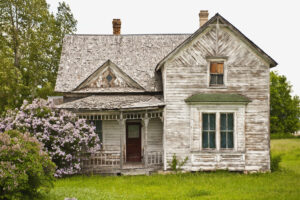As a homeowner, there are certain expenses that you can expect to pay on a regular basis. These include mortgage payments, property taxes, insurance, and maintenance and repairs. While some of these expenses may be tax-deductible, others, such as mortgage interest and property taxes, are not. Keep reading to learn more about the expenses that come with being a homeowner.
Maintenance and Repair Costs

Homeownership involves a number of expenses, both periodic and occasional. One of the most frequent is maintenance and repair costs. These can vary widely, depending on the age and condition of the home, as well as the materials used in its construction. Many homeowners find themselves making minor repairs on a regular basis. For example, painting or caulking around windows and doors to keep out drafts, fixing leaky faucets and showerheads, unclogging drains, replacing lightbulbs, tightening screws or bolts that have come loose, cleaning gutters and downspouts, and more. Such repairs typically cost only a few dollars each, but they can add up over time.
More extensive repairs are also common. Roofs may need to be replaced every 10-20 years, windows may need to be replaced every 7-15 years, decks may need to be refinished or replaced every 5-10 years, and furnaces may need to be replaced every 15-20 years, etc. The cost of these larger projects varies considerably depending on the size and complexity of the project involved. And, if you are renovating a home, or sprucing up certain appliances, you will need to be prepared to make repair costs. Luckily, if you are remodeling your kitchen, and live in Phoenix, Arizona, kitchen cabinet stores Phoenix is a great option for your kitchen.
Mortgage and Down Payments

Here is a closer look at monthly mortgage payments and down payments. Your monthly mortgage payment includes both principal and interest. The principal is what you’re borrowing from the lender, while interest is what you’re paying for borrowing that money. Mortgage payments vary based on your loan amount, interest rate, and term length (the number of years it will take to pay off the loan). If you are a new homeowner, you can find a mortgage lender in any city. For example, if you live in St. Louis, Missouri, you can find a St. Louis mortgage lender for your new home.
Most lenders require a down payment of 20% when you buy a home. This money is used to cover the cost of the purchase and protect the lender’s investment. If you can’t afford to make a 20% down payment, you may be able to get a loan that requires less money upfront, but your interest rate will likely be higher.
Homeowner’s Insurance
Homeowner’s insurance is a type of property insurance that covers damage to or loss of a home. It also provides liability coverage in case someone is injured on your property and you are held responsible. Homeowner’s insurance policies typically have a deductible, which is the amount you pay out-of-pocket before the insurance policy kicks in. There are several types of homeowner’s insurance policies, including replacement cost, actual cash value, and extended replacement cost.
Replacement cost policies will reimburse you for the cost of rebuilding your home if it is destroyed. Actual cash value policies will reimburse you for the current market value of your home, which is also known as depreciation. Extended replacement cost policies will reimburse you for a larger percentage of the rebuild costs than regular replacement cost policies. The cost of homeowner’s insurance varies depending on where you live, the age and condition of your home, and how much coverage you choose. You can get quotes from multiple insurers to find the best deal.
Property Taxes
Property taxes are a tax assessed by local governments on the value of a property. The amount of tax due is based on the value of the property, the type of property, and the municipality’s mill rate. Property taxes are used to fund local government services, such as police and fire protection, street maintenance, and education. In addition to paying for essential services, property taxes also help to maintain home values by funding things like public parks and libraries.













